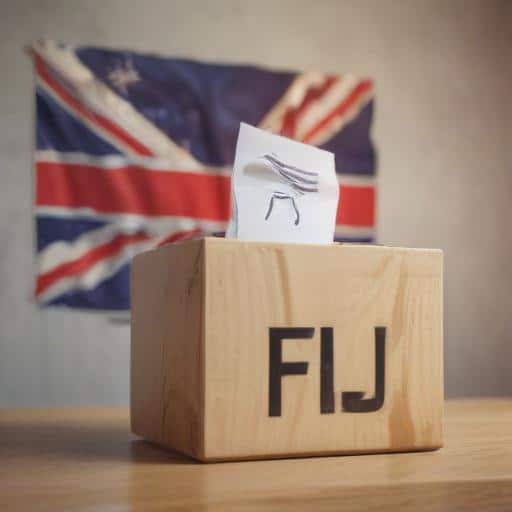Women’s organizations are pivotal in enhancing community development and increasing female representation in Fiji’s Parliament. Nevertheless, the nation’s political landscape predominantly favors male figures, underscoring the urgent need for initiatives that empower women in leadership roles.
Adi Finau Tabakaucoro, President of Soqosoqo Vakamarama Itaukei and former politician, emphasized the essential role of unity among women to ensure their active participation in decision-making. She stated that genuine transformation occurs when women confidently assert their potential in leadership positions.
University of the South Pacific Lecturer Dr. Natasha Khan echoed this sentiment, highlighting the importance of gender-sensitive policies within political party frameworks. She proposed the formation of equality commissions to evaluate whether political parties genuinely support inclusive practices that boost women’s political participation.
Recent conversations around this topic have also included Deputy Prime Minister Manoa Kamikamica advocating for a quota system to improve the representation of women in Parliament, noting a troubling drop from 20% in 2018 to just 14% following the 2022 elections. The gender imbalance is further exemplified as over 238,000 women voted in the 2022 elections, yet only six of the 54 female candidates were elected. Kamikamica’s proposed measures, such as reducing financial barriers and offering childcare assistance, aim to dismantle obstacles discouraging women from entering politics.
Sainiana Radrodro, a lawyer, reiterated the need for swift action beyond discussions, emphasizing that challenges such as financial constraints, societal norms, and online harassment must be addressed comprehensively to ensure women’s political engagement. Additionally, university student Lovelyn Laurelle Giva-Tuke called for a holistic approach combining financial assistance, legislation against political violence, and programs to develop leadership skills.
Both the call for gender-sensitive policies and mentorship programs align with Dr. Khan’s emphasis on the necessity of providing platforms for women to acquire skills in public speaking and diplomacy, thereby fostering a supportive environment for aspiring female political leaders.
The ongoing advocacy highlights the collective commitment necessary to create a political environment that reflects Fiji’s diverse population. With sustained efforts, there is hope for achieving equitable representation, enabling women to play vital roles in shaping national governance and policies that affect their communities.

Leave a comment